Jonathan Reimer is the Associate Professor of History and John H. Van Gorden Chair in History at Eastern University and teaches Western Civilization II in the Honors College.
More information on Dr. Reimer can be found here.
At First Things
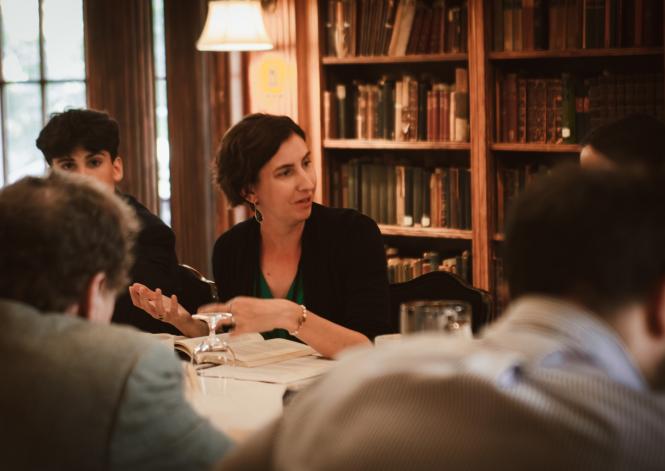
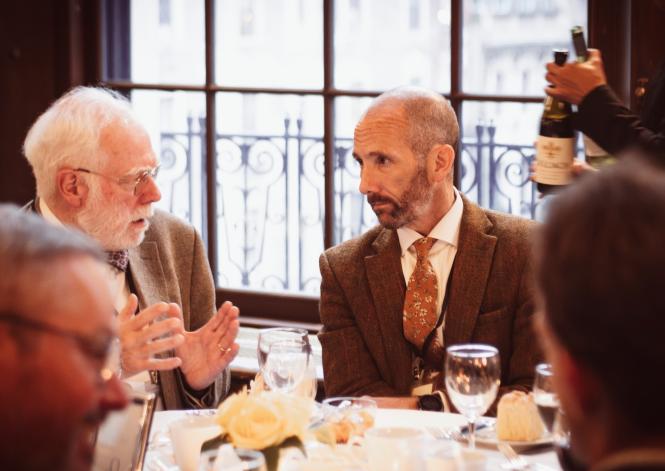
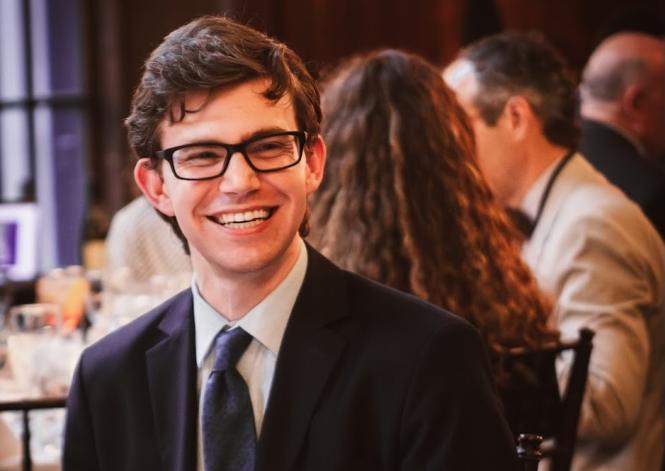
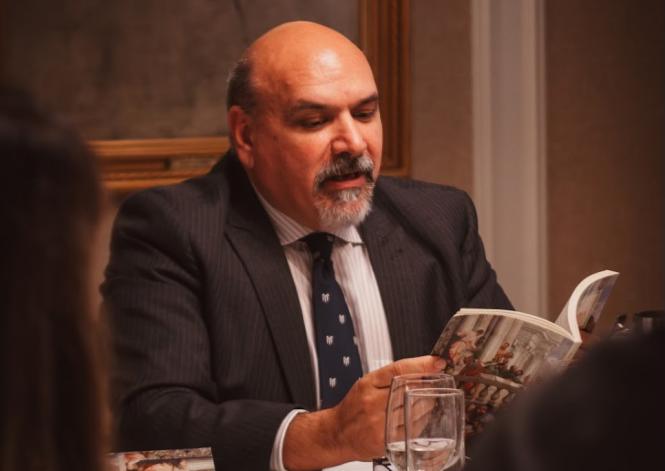
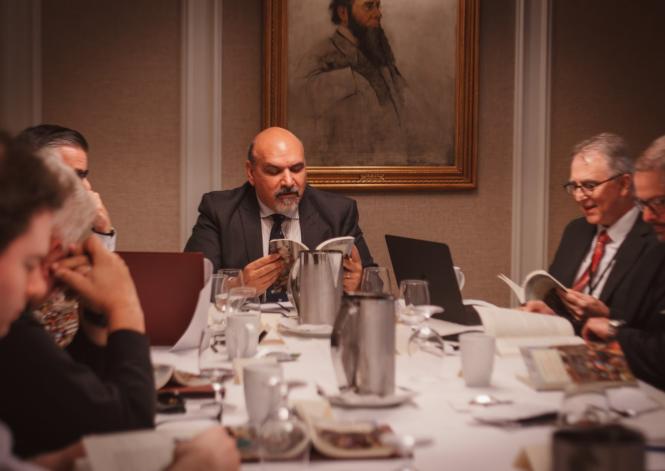
This August, five members of our faculty of friends–Brian Williams, Amy Richards, Burke Rea, Ravi Jain, and myself–took the Templeton Honors College on the road to New York City to lead an intellectual retreat on the especially timely topic of faith and civic responsibility. It was an exhilarating experience and the first fruits of a new partnership between our community and First Things likely the nation’s leading magazine on religion and public life. It was also sobering. The combination of faith and politics is fissiparous at the best of times. During an election year, it is even more so, as we weather a barrage of partisan messaging. Moreover, the trip was also shaped by deep loss and an encounter with real, Christian hope. Before squeezing into a slightly-too-small SUV to drive from Philadelphia to New York, we mourned the passing and yearned for the resurrection of our friend and colleague, Austin Ricketts. His funeral was a holy and awesome (in the truest sense of this word) bridging of life and death, celebrating his journey while also pointing us toward the homeland to which we are called. We, thus, began the weekend as pilgrims.
Hours later, we found ourselves in the Union League Club, an exclusive and stylist Manhattan social institution: half Oxbridge, half West Wing. We were treated to a lavish meal and heard a presentation by Justin Shubow on the significance of architecture in shaping public life. We met participants from different walks of life–educators, political operatives, students, CEOs, journalists, scientists, lawyers, pastors, etc.–and enjoyed seeing friends of the Honors College from Classical Academic Press. The first evening was congenial, but it left me apprehensive and wondering. Can events like this heal political division? Can this event live up, even in some small way, to the legacy of faith and intellectual inquiry modeled by our departed friend, Austin? Furthermore, will teaching in our “usual matter”–to recall the words of Socrates in Plato’s Apology–work in this context? At Templeton, we practice and preach learning through seminar-style conversations. This often involves–what Donald L. Finkel calls–“teaching with your mouth shut.”
Not all my questions were answered fully. How could they be? Yet, my final query found ample reply in the four sessions held the following day. Conducted at breakneck speed–with only eighty minutes per session of discuss, for example, Saint Paul, Aristotle, and Simone Weil–these frenzied, but deeply energizing, sessions involved our faculty curating conversations between participants and these great thinkers. Just as we find year after year at Templeton–and as Shakespeare reminds us in The Merchant of Venice–“truth will out,” in wonderfully surprising ways. One participant drew out the recapitulation of the LORD’s call in Genesis–“be fruitful and multiply”–in Jeremiah’s prophetic injunction to “plant gardens” and “beget sons and daughters” in exile. Another marveled at how Dante’s vivid depictions of malformed politics in Inferno allow us to confront the gluttony and heresy shaping our politics. As these few examples attest, the richness of conversation and the fecundity of these readings produced an enriching and enlivening day. We may not have solved American political division, but we practiced the slow and steady work of soul formation needed to foster true liberty–what Yuval Levin refers to as “taking the long way.” This pedagogy of hope animates our faculty of friends and was championed by Austin during his too short time with us. It was a joy to practice it with new friends in a new place. So, if you are around New York next summer, or are looking for an excuse to be, please consider joining us for another First Things intellectual retreat.








